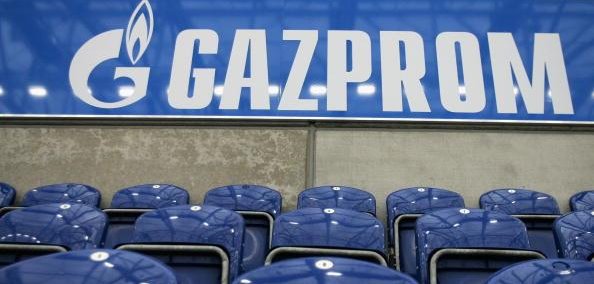
The Price of Gas and Russian Democracy
Publication: Eurasia Daily Monitor Volume: 5 Issue: 240
By:

Russia’s state-owned gas giant Gazprom is preparing for a major financial hit in 2009. The world-wide economic slowdown has diminished gas consumption for Gazprom’s European industrial customers. The price of gas, which is indexed to the price of oil, has been dropping from the current high of $460 to $500 for 1,000 cubic meters and, according to Gazprom spokesman Sergey Kuprianov, is predicted to be about $280 by mid-2009 (Bulgarian Radio, December 12).
Earlier, in November, the deputy head of Gazprom Export, Sergey Chelanov, predicted that in the first quarter of 2009 the price of gas would be in the range of $360 to $400 (Kommersant, December 15). If these predictions come true, Gazprom’s profit will drop by $20 billion in 2009.
Low gas prices will also delay Gazprom’s investment policy and the development of desperately needed new gas fields. The state-owned gas monopoly has already requested that the government suspend tax levies on importing equipment vitally needed for the development of the Shtokman gas field project and the East Siberian fields. If this request is vetoed, these major projects might be forced to suspend their activities for some time.
The crisis might also delay the North Stream and the projected South Stream pipelines, both of which are highly expensive and would serve Russian political rather than commercial needs.
A drop in the price of gas by 30 to 40 percent will reverberate throughout the battered Russian economy which already is seeing a steady devaluation of the ruble and a major slowdown in economic growth. In November Russian industrial output shrank 10.8 percent on the month and payments arrears are rapidly growing (Moscow Times, December 17).
Gazprom’s export sales pay for the company’s contribution to the Russian budget which in 2008 amounted to about 20 percent of the budget.
In addition to the looming budget shortfall, the lower gas price might force Vladimir Putin’s government to consider a further price increase for domestic consumers in order to compensate for export revenue losses. The current projection is that Russian consumers in 2009 will pay an additional 300 rubles ($10 at the exchange rate of 30 rubles to $1) for 1,000 cubic meters of gas. The current price is 1,422 rubles or $47.40 (RIA Novosti, November 6).
Domestic gas prices are only about 15 to 20 percent of what Germany pays for Russian gas. But it is not only gas prices that might increase for Russians—electric bills could also skyrocket. On March 2, 2007, German Gref, the Russian economic and trade development minister, stated that “The ministry also forecasts an [increase] of household electricity tariffs by 12 percent in 2008, 12.5 percent in 2009, and 13.5 percent in 2010” (RIA Novosti, March 2, 2007).
Vladimir Putin’s government will, understandably, behave very cautiously when it comes to raising gas and electric bills so as not to provoke mass discontent which might threaten the government’s hold on power. It is entirely possible that the 2009 budget might not be able to cover projected social payments as a result of Gazprom’s projected shortfall. The choice between saving Gazprom, meeting the state’s social obligations, and clinging to power will be the bottom line.
Nonetheless, it is apparent that Putin’s ruling “United Russia” party and Putin himself are terrified of popular unrest. One proof of this is a recent change to the Russian criminal code, voted into law by the United Russia party and the Liberal Democratic Party on December 12. The change forbids a trial by jury not only in terrorist cases, hostage taking and the attempts to overthrow the government, but also for “mass disturbances,“ “diversions,” “treason,” and “espionage” (Kommersant, December 15).
According to Kommersant Daily (December 15), Russian human rights activists and lawyers fear that these changes in the Criminal Code will make any critic of the regime potentially guilty of “espionage” or “treason” and therefore liable to a trial without jury, as was the practice during the Stalinist era when so-called “troika” tribunals passed sentence on defendants who were guilty until proven innocent.
It appears that the Putin/Medvedev duumvirate is facing the most severe challenge to its oligarchic rule. Will it manage to contain mass discontent in the countryside or will it resort to mass repression in order maintain its hold on power?
In November President Medvedev ordered senior police officials in St. Petersburg to stamp out any social unrest linked to the financial crisis. "If someone tries to exploit the consequences of the financial crisis … they [the police] should intervene [and] bring criminal charges, otherwise there won’t be order" (Moscow Times, December 12).




